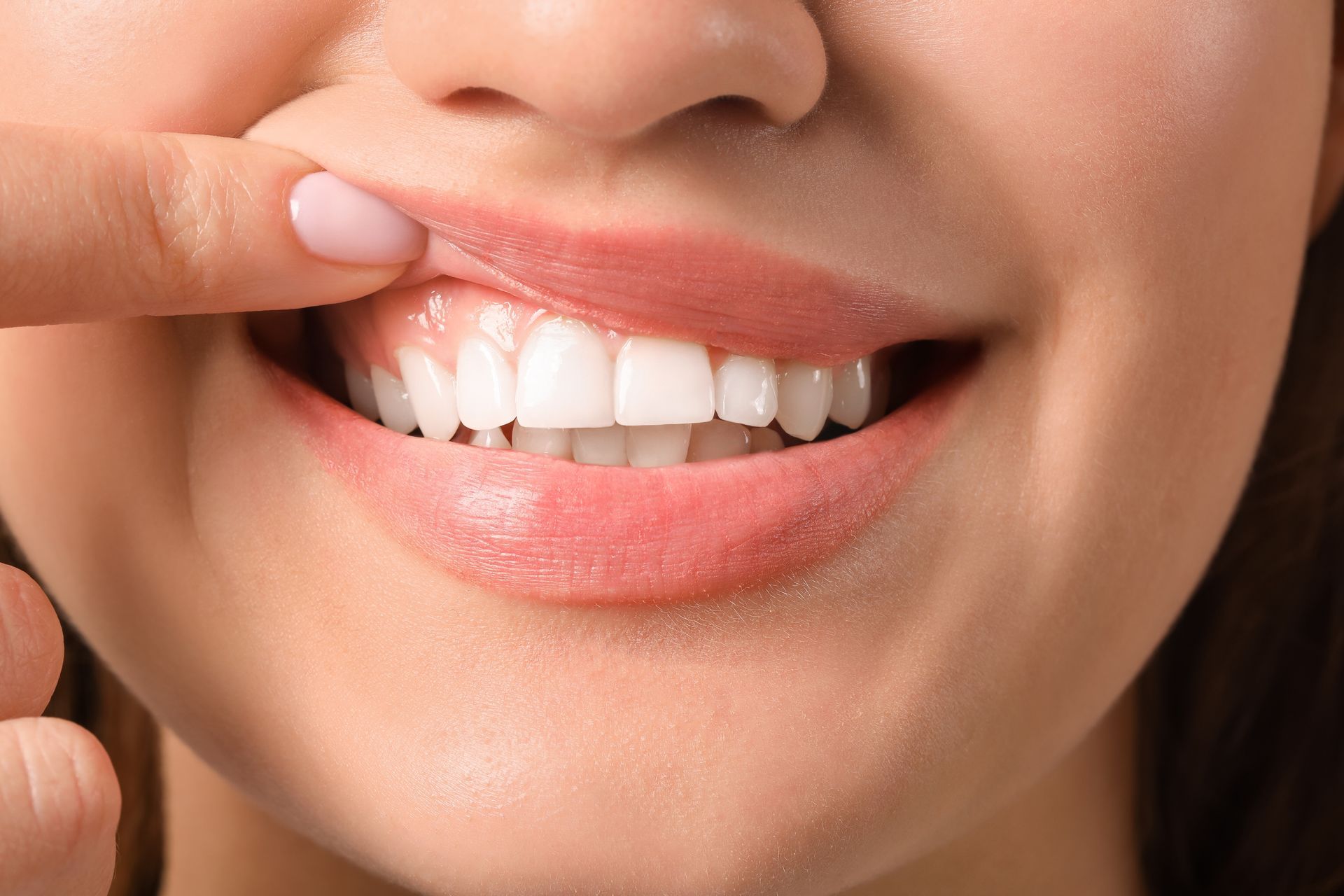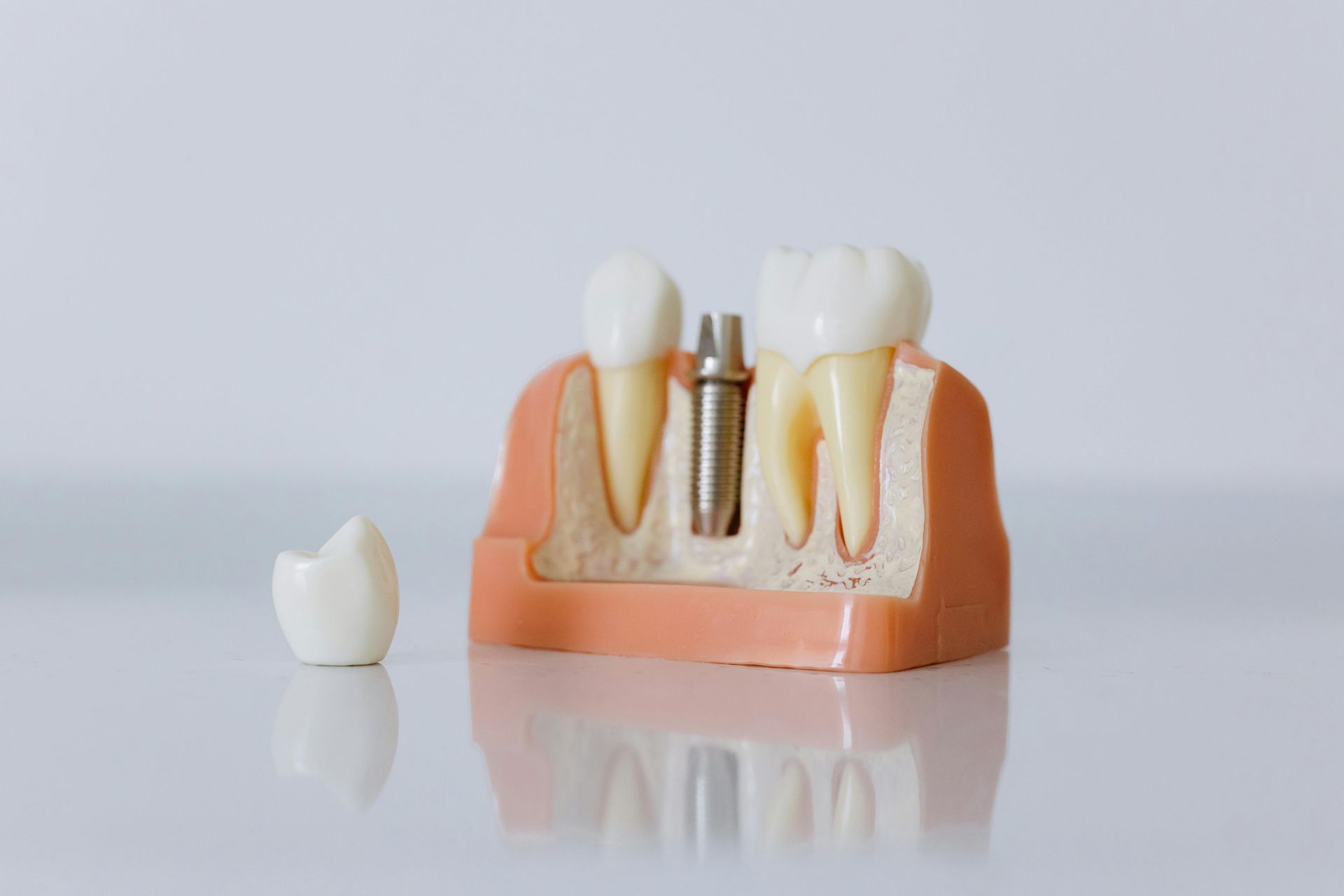HELP ME WITH
GUM DISEASE
Gum disease often starts subtly, causing discomfort during brushing or eating. Swollen, bleeding gums can be alarming. Common causes include poor oral hygiene, plaque buildup, or health conditions, helping you understand the issue.

Our dental practice provides compassionate care for gum disease. Treatments include professional cleanings, scaling, or surgery for severe cases. Find a dentist near you for tailored, effective solutions to restore oral health.

What Is
Gum Disease?
Gum disease, also called periodontal disease, affects the gums and supporting bone around your teeth. It ranges from mild gingivitis to severe periodontitis. Gingivitis causes red, swollen gums, while periodontitis can lead to tooth loss if untreated. Early action from a local dentist can reverse or manage the condition, protecting your smile.
Causes of Gum Disease
Gum disease develops when plaque—a sticky film of bacteria—builds up on teeth and along the gumline. Common causes include:
- Poor Oral Hygiene: Infrequent brushing or flossing allows plaque to harden into tartar.
- Smoking or Vaping: Tobacco weakens gums, making them prone to infection.
- Hormonal Changes: Pregnancy, menopause, or puberty can increase gum sensitivity.
- Medical Conditions: Diabetes or immune disorders raise the risk of gum issues.
- Medications: Some drugs reduce saliva flow, leaving gums vulnerable.
- Poor Diet: Lack of nutrients like vitamin C can weaken gums.
For example, a busy commuter might skip flossing after a long day, or a new parent might notice bleeding gums during pregnancy. A dentist near you can identify the cause and offer tailored advice.
Symptoms of Gum Disease
Recognising gum disease early can prevent serious complications. Watch for these signs:
- Red, swollen, or tender gums.
- Bleeding when brushing or flossing.
- Persistent bad breath or a bad taste in the mouth.
- Receding gums, making teeth appear longer.
- Loose or shifting teeth in advanced cases.
- Pain when chewing or sensitivity in the gums.
These symptoms can disrupt daily life, like feeling self-conscious during a work meeting. A
local dentist can assess your gums and recommend the best treatment.
Gum Disease Treatment Near You
A dentist near you will evaluate your gums, often using X-rays or probing to check for pockets around teeth. Treatment depends on the severity but may include:
- Scaling and Root Planing: A deep clean removes plaque and tartar above and below the gumline, smoothing roots to promote healing.
- Antibiotics: Gels, mouthwashes, or tablets target infection.
- Gum Surgery: For advanced cases, procedures like flap surgery or grafts repair damaged tissue.
- Ongoing Care: Regular cleanings and good hygiene prevent recurrence.
Our team ensures your comfort with gentle techniques. For instance, a nervous patient might fear deep cleaning, but local anaesthesia and clear explanations make the process manageable.
At-Home Tips for Managing Gum Disease
While waiting to see a local dentist, these steps can help ease symptoms:
- Brush Gently: Use a soft-bristled toothbrush twice daily with fluoride toothpaste.
- Floss Daily: Remove plaque between teeth to reduce irritation.
- Use Antiseptic Mouthwash: Rinse to kill bacteria and soothe gums.
- Quit Smoking: Reducing tobacco use supports gum healing.
- Eat a Balanced Diet: Include fruits and vegetables to boost gum health.
These tips provide temporary relief, but professional gum disease treatment near you addresses the root issue for lasting results.
When to See a Dentist Near You
Contact a dentist near you if you notice:
- Persistent bleeding or swelling in your gums.
- Bad breath that doesn’t improve with brushing.
- Loose teeth or changes in your bite.
- Pain or discomfort that affects eating or speaking.
Early care prevents complications like tooth loss. We’ve helped patients regain healthy gums and confidence, and we’re ready to support you too.
Preventing Gum Disease
Protect your gums with these habits:
- Brush twice daily and floss once daily to remove plaque.
- Visit your local dentist every six months for check-ups and cleanings.
- Avoid sugary snacks and drinks that feed bacteria.
- Consider quitting smoking with support from your GP or dentist.
Simple changes, like drinking water after tea, can keep your gums healthy.
Your Trusted Dentist
Book Your Dental Appointment Today
Call us now or
Book online to schedule your consultation with a trusted local dentist.



